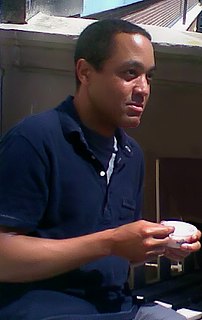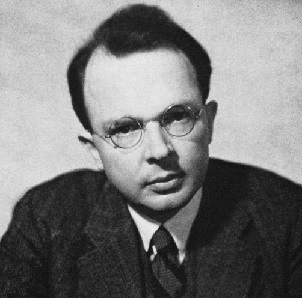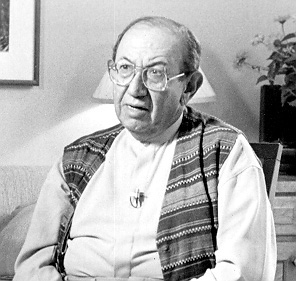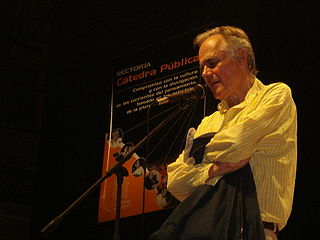A Quote by John H. McWhorter
Prescriptive grammar has spread linguistic insecurity like a plague among English speakers for centuries, numbs us to the aesthetic richness of non-standard speech, and distracts us from attending to genuine issues of linguistic style in writing.
Related Quotes
I always lived in a multilingual society (Polish-Ukrainian, German-Ukrainian, English-Ukrainian), and was open to outside linguistic influences. I think it was within three years of coming to the US that I started writing in English, although purely for myself, not trying to get it published. Living in America, I was constantly in touch with English, and Ukrainian was for me a private language.
Language is inherently not concerned with logic. As an expression of the psychological activities of humankind, it simply follows a linear process as it seeks actualisation. Moreover, it does not obey the objective concepts of time and space that belong to the physical world. When the discussion of time and space is imported into linguistic art from scientific aims and research methods, that linguistic art is entirely reduced to trifling pseudo-philosophical issues.
For most of us the rules of English grammar are at best a dimly remembered thing. But even for those who make the rules, grammatical correctitude sometimes proves easier to urge than to achieve. Among the errors cited in this book are a number committed by some of the leading authorities of this century. If men such as Fowler and Bernstein and Quirk and Howard cannot always get their English right, is it reasonable to expect the rest of us to?
I can't help but admire the structural linguists who have carved out for themselves a linguistic discipline based on the deterioration of written communication. Another case of men devoting their lives to studying more and more about less and less - filling volumes and libraries with the subtle linguistic analysis of the grunt.
We are like dogs, cats, cows, rats ... What separates us from them and from the remaining matches against mammals is negligible. To have the same diseases. Rats spread plague like us, but we are just as contagious as them. And the dogs get diabetes, like we do, and get cancer, like us. And age, like us. And die, like us. Why then the biblical claim that man is the king of creation? Perhaps because only man has developed spoken language, the words, wherein lies its prodigious ability to lie.




































